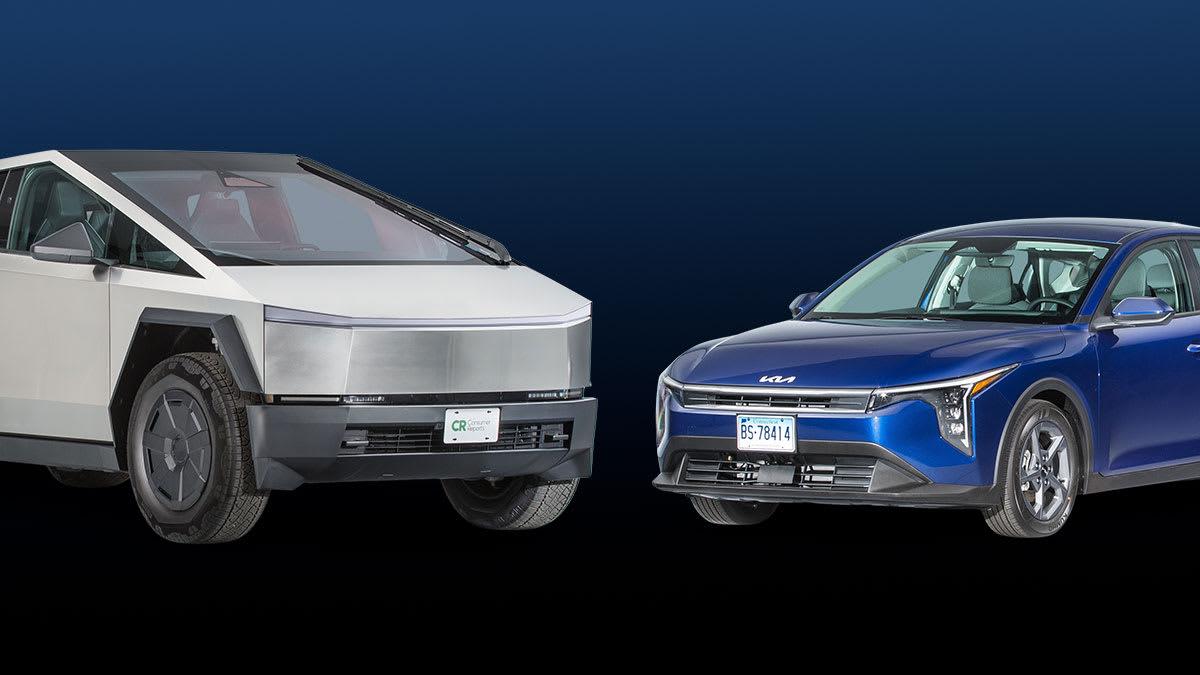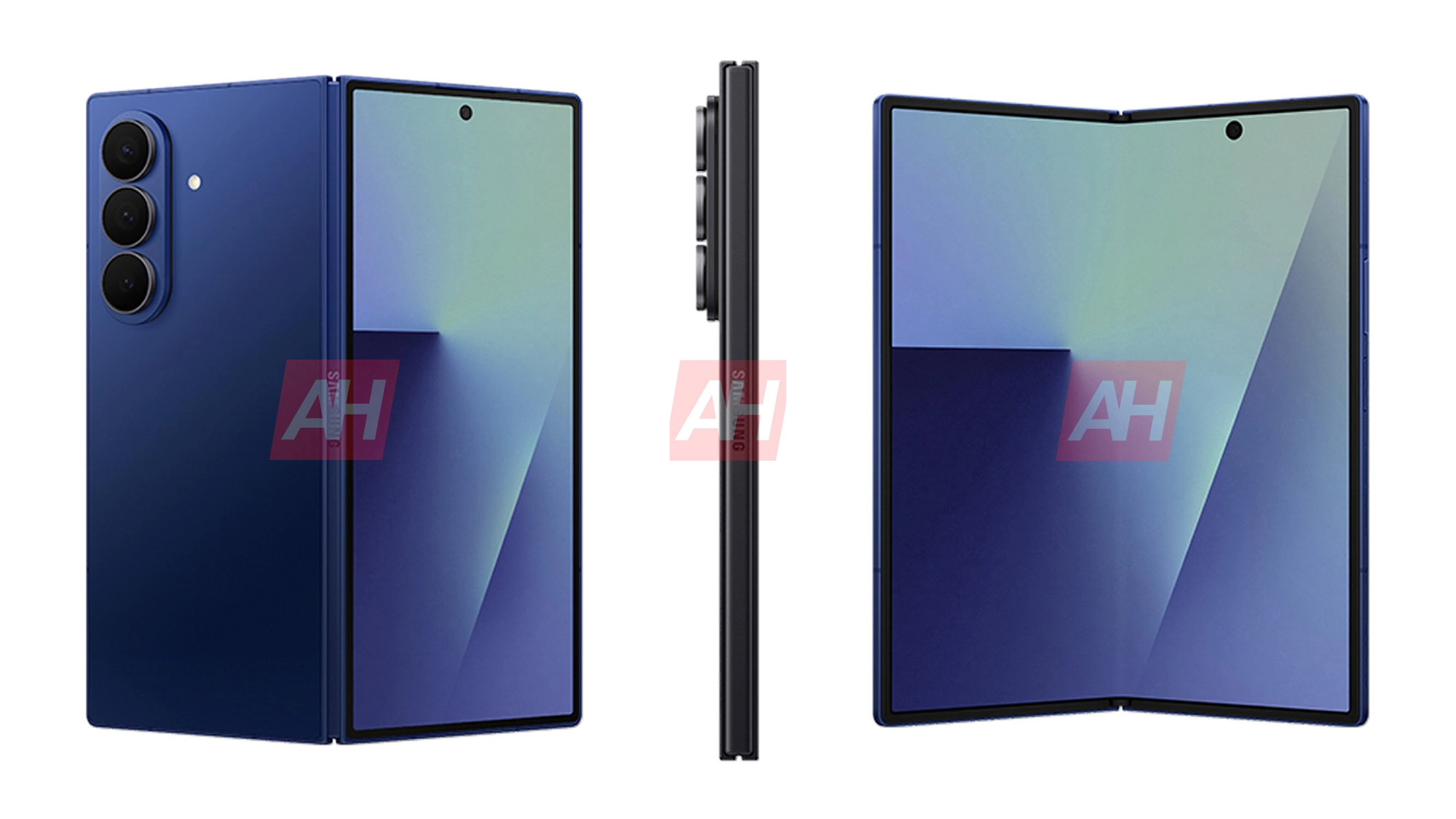How Electric Car, Plug-In Hybrid, Hybrid Reliability Compare

EVs are battery-powered vehicles that need to be plugged in to charge. As was the case in prior years, newer manufacturers are still struggling to catch up with more established automakers. Both Lucid and Rivian started delivering new cars to owners only in 2021. The Lucid Air is the least-reliable electric sedan, and of brands for which we have sufficient data, Rivian is the least reliable. (We didn’t have enough data to rate Lucid as a brand overall.) By comparison, Tesla has been building vehicles since 2008. Today, the Tesla Model 3 and Model Y have average reliability, while the Model X and Model S have below-average reliability.
“Building cars is a complex endeavor, and it can take a while for a new company to get the hang of things,” says Jake Fisher, senior director of auto testing at Consumer Reports. “Although Tesla still struggles with some quality issues, it shows that it’s possible for a startup automaker to mature into building more reliable vehicles.”
The most reliable EV in our rankings is the BMW i4, which has been on sale since 2022. Many other EVs have average reliability, including the Ford Mustang Mach-E, Genesis GV60, Hyundai Ioniq 6, Kia EV9 and Niro Electric, Nissan Ariya and Leaf, and Tesla Model 3 and Model Y.
Other legacy automakers still struggle with EV technology. For example, the new Chevrolet Blazer EV and Cadillac Lyriq are based on an all-new electric vehicle platform from GM. Both vehicles had problems when they first debuted, including some we experienced with our own tested vehicle. Although we don’t factor our experiences into vehicle reliability scores, many owners also complained about the EV battery, electrical accessories, climate system, and in-car electronics. This is reflected in the below-average reliability scores of both vehicles. The Volkswagen ID.4 and Ford F-150 Lightning also make our list of least-reliable new cars.
The BMW iX and Audi Q8 E-Tron luxury electric SUVs lost their Consumer Reports recommendations due to reliability problems, including those with their EV batteries. The Kia EV6 lost its recommendation for several reasons, including charging problems. (We only factor in reports where charging problems are with the vehicle itself, not with home or public chargers.)
In addition, some EVs have problems beyond their electric drivetrains. Owners were also likely to report problems with in-car electronics and electrical accessories, according to Elek. “EVs are often a test bed for new technology, so there are more electrical accessory and in-car electronics issues as well,” he says.
Source link











